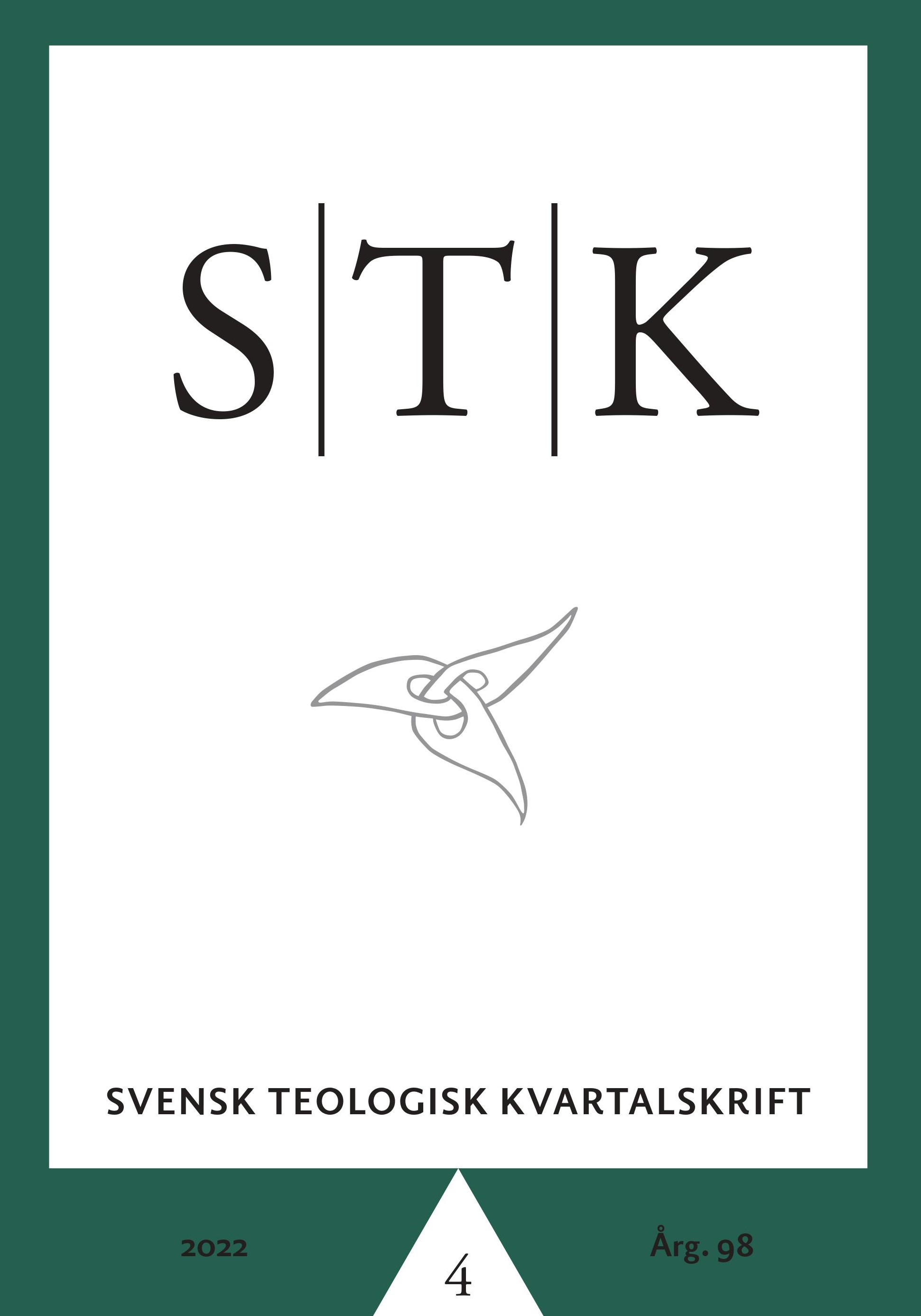East and West, to the Ratline, and Beyond
On Memory and Identity
DOI:
https://doi.org/10.51619/stk.v98i4.24945Abstract
The horrors of the Nazi regime throughout the 1930s and 1940s are well-known. Less well-known is how international law was relied on to bring those responsible to justice, and the personal stories of the individuals who tried to escape accountability. With reference to a significant volume of personal communications and material this article tells the story of Otto Wächter, the leading Nazi who fled justice after the Second World War, and his son Horst, who struggles to consider his father as anything other than a good man. The story provides a unique way to understand fundamental concepts in international law, as well as to discuss unresolved issues such as the importance of identity and how best to achieve accountability. Recent events, including the Russian invasion of Ukraine and the crimes committed against the Rohingya people, make such issues as pressing today as they were in the 1940s. On a more personal level, the story allows a reflection on family love and history, individual motivations, and coming to terms with the atrocities of the past.
Downloads
Published
Issue
Section
License
Copyright (c) 2022 Philippe Sands

This work is licensed under a Creative Commons Attribution-NonCommercial-NoDerivatives 4.0 International License.


